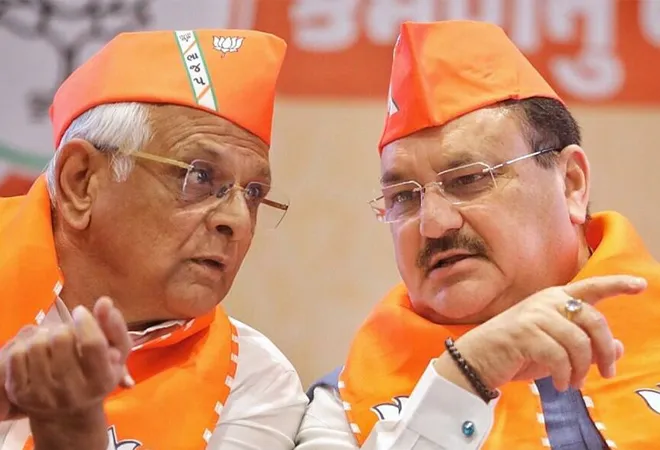Deradicalisation programmes are not new and have been part of a counter-extremism response mechanism in places such as Saudi Arabia since the early 2000s. They gained momentum in Saudi Arabia following the 2009 attempt by an extremist on then deputy interior minister, Prince Mohammed Bin Nayef. Similar programmes aimed at counter-radicalisation and deradicalisation had been propped up over the years in UAE (Hedayah in 2012), Singapore, Belgium, the United Kingdom, and Germany.
Deradicalisation programmes are not new and have been part of a counter-extremism response mechanism in places such as Saudi Arabia since the early 2000s.
Such programmes have become necessary because of transformation of terrorism itself – terrorist groups have co-opted online spaces to recruit and radicalise individuals, and even push them to conduct “lone wolf” attacks. There was a spike across countries during the peak reign of the Islamic State, which rewrote the manner in which non-state terror groups conduct operations online, especially using social media. From the 2016 Holey Artisan Bakery attack in Bangladesh by educated youths from economically well-to-do households to lone wolf attack cases across Europe since 2014, terror strikes revealed the need for a new approach to counter terrorism and radicalisation.
However, deradicalisation programmes have a contested history and the opinion is divided on their effectiveness. The complexities
— societal, legal, political, and ethical
— are intertwined. No such programme can guarantee 100 per cent success. Basics, such as how to define “deradicalisation” continue to be debated in both policy and academic circles. Programmes that have been active for some time now are also often criticised. For instance, the UK’s “Prevent” programme for having an overarching reach and invasion of privacy
— teachers were prompted to listen to students in case they mentioned any objectionable terms, words or ideas.
The 2018 case of Usman Khan, a British national serving time on terrorism charges, but out on parole as a “reformed” candidate, only to end up stabbing two students to death in central London, ironically after attending an offender rehabilitation conference, raised further questions. Even if programmes have low recidivism rates (subjects falling back into a radicalised ideology), one failed case can jeopardise the veracity of the idea of deradicalisation and rehabilitation of extremists, specifically in public and political discourse.
Examples from Indian states are under-reported. However, such programmes till now are not run with transparency of data, critical to independent evaluation of their successes and failures. To begin with, police or anti-terror agencies should not be ideally running these programmes. Security ecosystems that have relied on operational counter-terror action cannot be moulded into something they are not. Security agencies, researchers, medical practitioners, family elders, and community leaders amongst others would require transparent equity to make the programme a success.
Security ecosystems that have relied on operational counter-terror action cannot be moulded into something they are not.
An officer who has spent a decade in counterterror operations in Kashmir, for example, would not be the ideal candidate to run a deradicalisation programme. The legal systems in India also lag when it comes to the fast-adapting formats of radicalisation. Policy seldom can keep up with technology. The recent example of a pro-ISIS radicalisation case in Maharashtra ending up in an eight-year-long exercise of the accused remaining in prison while agencies failed to furnish enough evidence against him, only for the person to get bail, highlights some of these fundamental and institutional challenges.
If the government is seriously looking at building deradicalisation programmes, it cannot be made to look good only on paper. A transparent blueprint devised by the Centre advising all state governments on what these programmes are and why they could be useful is a critical beginning point. If such programmes are built, communities should be central to their designs. Data on these should not be hidden under the garb of national security: Academic institutions, NGOs, and think tanks should be promoted to study the outcomes extensively. The Centre and states should take the help of friendly foreign countries with extensive experience of running such programmes to design these.
This commentary originally appeared in Indian Express.




 PREV
PREV


